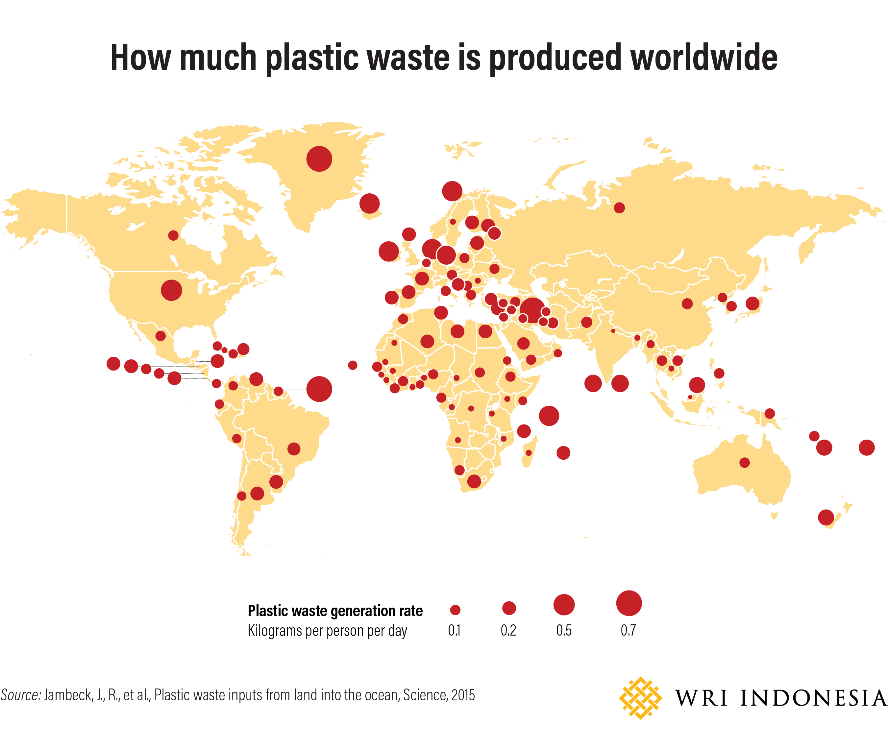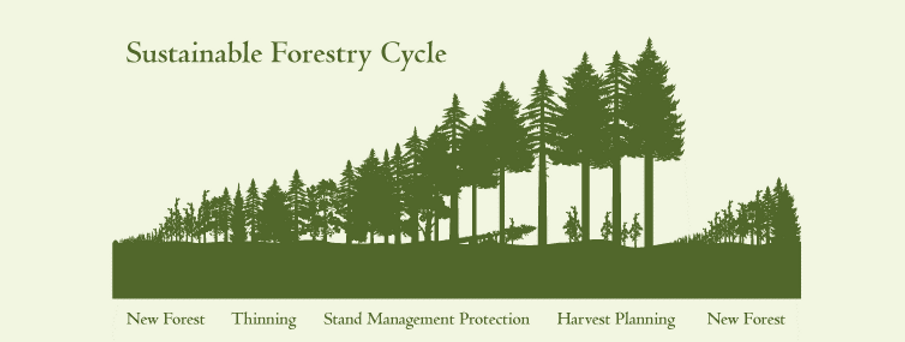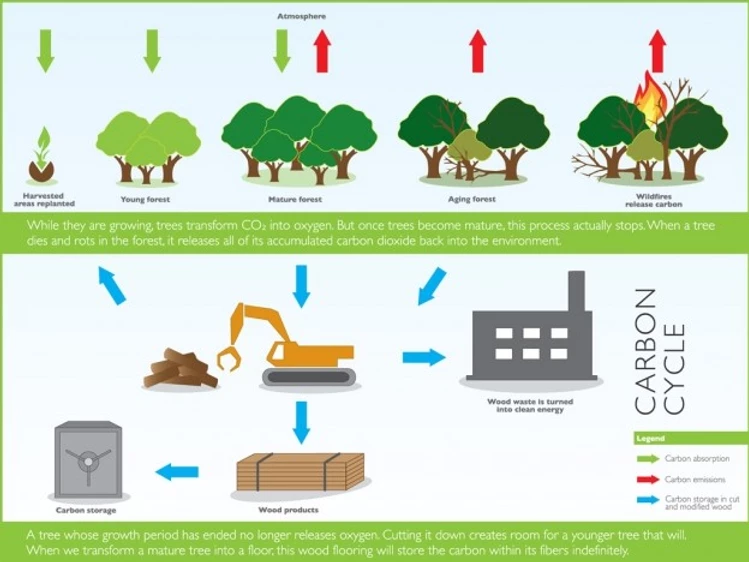
What Makes Disposable Wooden Utensils Environmentally Friendly
We once thought cutting down trees was a terrible thing. The truth is that it does not have to be. When done in a sustainable way wood is one of the most environmentally friendly materials available today. Wood is a key component in making environmentally friendly disposable utensils.
Plastic is by far the most commonly used material in the disposable utensil market, but this needs to change. Yes, plastic is easy to produce and inexpensive, but it comes at a high price to the environment. Over 6 million tons of single-use plastic utensils get thrown away every year and plastic doesn’t decompose. That means every year 6 million more tons of plastic is added to the environment. For comparison, a small car weighs about 1 ton. Every year the weight of 6 million cars worth of plastic utensils is added the environment, and it will never disappear.

Two of the best types of wood for disposable wooden utensils are birch and bamboo. Both are relatively fast growing, 30 years and 5 years, respectively, and are easy to process. 30 years can seem like a long time, but compared to the 200 million years it takes for oil to form it’s nothing.
The Relationship between Wood and Carbon
Another reason wood is considered an environmentally friendly material is because it is a carbon sink. This means wood traps carbon and stores it inside of its structure. Carbon remains there until the wood is destroyed. This makes the lifecycle of disposable wooden utensils carbon neutral. An equal amount of carbon dioxide is stored inside wooden utensils as is released while they are being produced.
In some cases birch and bamboo can absorb more CO2 than is released when they are processed into utensils. They actually reduce the overall amount of CO2 in the atmosphere. Compared to plastic this makes wood very environmentally friendly. For example, Birch traps around 48 kg of CO2 per 1 kg of tree mass. Polypropylene (PP) plastic produces over 2 kg of CO2 per 1 kg of plastic made.
Eventually, when a wooden utensil is disposed of the carbon is released. But unlike when carbon is produced from burning fossil fuels it is not released directly into the atmosphere. Instead, the carbon is either consumed by other organisms for energy, slowly being released as CO2 into the atmosphere, or it becomes trapped in soil. Overall, the CO2 will eventually end up back in the atmosphere, but at a much slower rate than burning fossil fuels.

The Benefits of Wood
Now you may be thinking, why is this important? If the carbon eventually ends up in the atmosphere anyway, how does slowing down this process help?
Simply put, the amount of carbon on earth always remains the same. We can’t make or destroy it. Instead, we can control where it is found on earth using the carbon cycle.
Over the last 100 years the amount of carbon that has been removed from the ground and added to the atmosphere has increased at an alarm rate. This is a natural process, but by burning fossil fuels we are speeding it up exponentially. By using environmentally friendly wooden utensils we can start to reverse the process, slowly putting some of the excess CO2 from the atmosphere back into the ground.
Ultimately, the net negative rate of CO2 production for wooden utensils is what makes them environmentally friendly. But to fully harness these benefits in a restaurant you need to look beyond just purchasing wooden utensils.
The company that sources them, produces them, and ships them plays a key role in how much CO2 is produced. The ideal supplier should be environmentally driven, with a company mission that mirrors your goals.
Alder-Tek Manufacturing Can Help
At Alder-Tek Manufacturing we have put environmental and social responsibility at the forefront of our agenda. We use Forest Stewardship Council certified wood, have developed an ethical supply chain, and only ship bulk orders to reduce emission rates. We would love to help you meet your sustainability goals.
Check out our environmentally friendly disposable wooden utensils and let us know if you have any questions or would like a sample set!